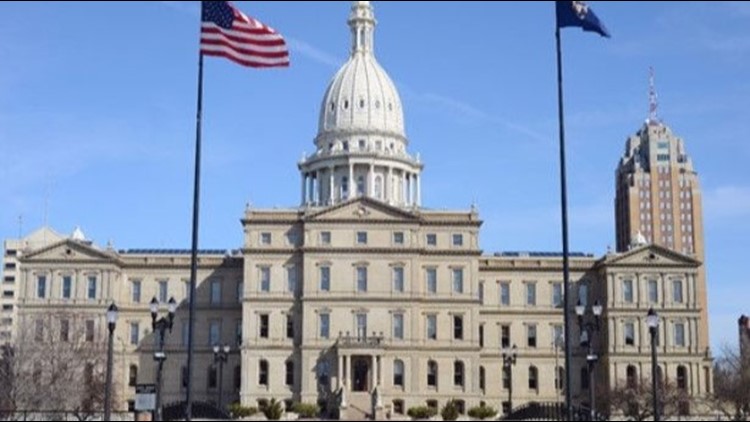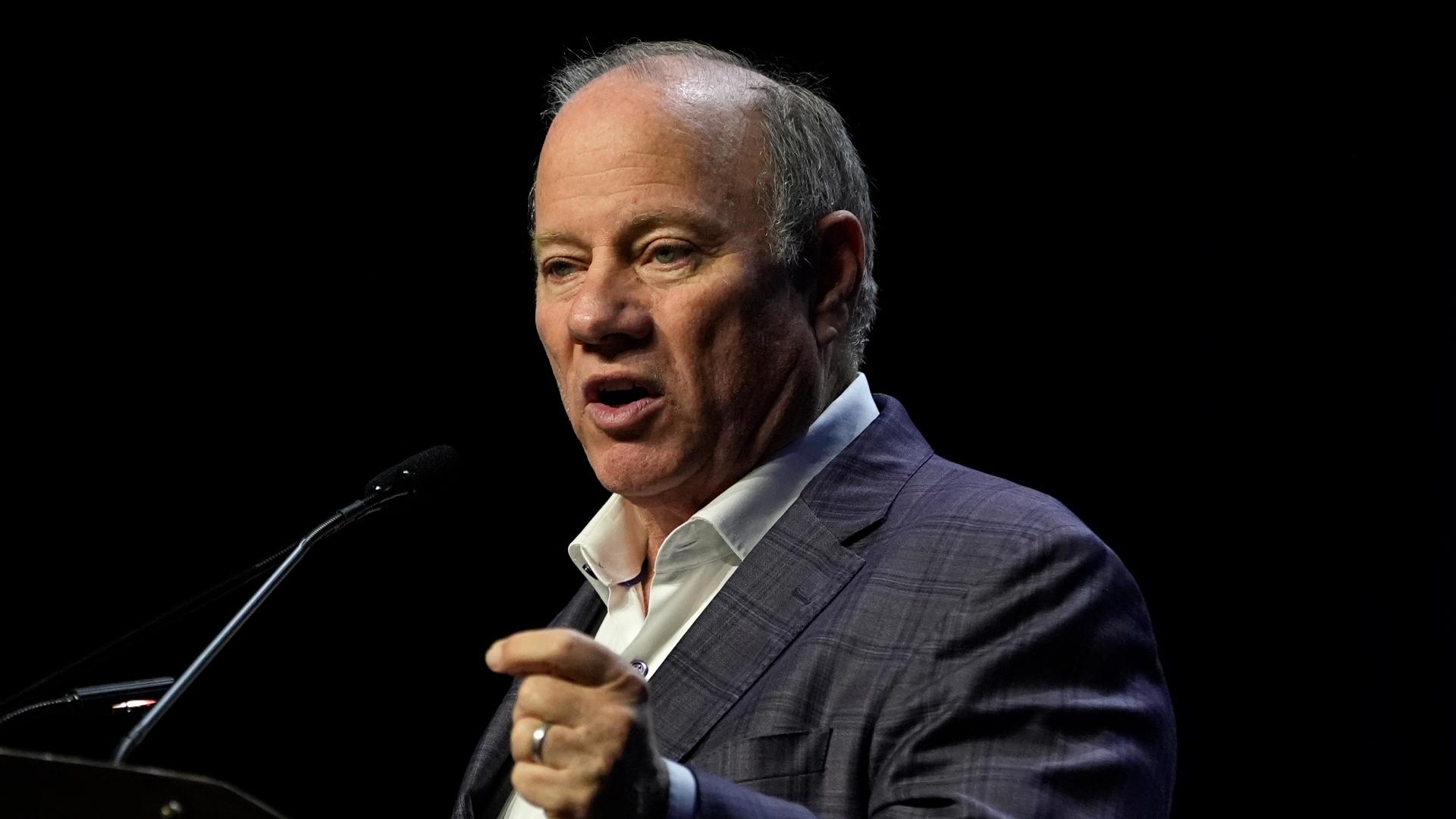The Michigan Legislature on Friday passed a nearly $1.3-billion supplemental spending plan for 2019, with $114 million in extra road spending, tens of millions targeted at environmental programs and $115.5 million in grants targeted at lawmakers' districts.
As part of as a session that started Thursday morning, the House passed the spending plan, Senate Bill 601, with no debate Friday morning, in a 84-23 bipartisan vote. The Senate soon followed with a 34-4 vote, just before 6 a.m.
The bill now goes to Gov. Rick Snyder for his likely signature.
But the Democrats voted against a $115-million corporate tax cut swiftly approved on the heels of the budget bill. Samantha Hart, a spokeswoman for the House Democrats, said when combined with the massive appropriations bill, the change in the way corporations treat business interest expense for corporate income tax purposes, approved by the House through Senate Bill 1097 in a 62-45 vote, would leave the state's books in the red.
While you were sleeping:
Gideon D'Assandro, a spokesman for House Republicans, said the supplemental bill left the state with a fund balance of about $70 million. Since the corporate tax cut won't take effect for 90 days, the state will still have a balanced budget with both bills passed, he said.
The supplemental spending bill is one of the largest in state history, spurred by higher-than-anticipated tax revenues, a surge in online sales tax from a recent U.S. Supreme Court decision, and close to $100 million in "lapsed" funds that were allocated to various state agencies last year, but left unspent. It also relies on a shift of expected revenue growth away from the School Aid Fund.
In addition to drawing quick criticism from educators, the lame-duck spending spree is controversial for another reason. Though nearly a decade of economic growth continues, there are growing signs of economic uncertainty, including a volatile and declining stock market, an upwardly spiraling federal deficit, and announced plans by GM to shutter plants in Michigan and elsewhere.
"I'm deeply concerned about the future of the national economy, and Michigan won't be immune from it," said Rep. Martin Howrylak, R-Troy, who voted against both the spending bill and the corporate tax cut.
If there's extra money, it should be added to the state's Rainy Day Fund, or used to pay down debt, he said.
Of the $1.2 billion in extra spending, between $380 million and about $500 million is to be drawn from the state's general fund, depending on whether the $100 million added to a savings account, the Budget Stabilization Fund, is counted as spending.
Under "Michigan enhancement grants," the bill lists $115.5 million in grants for 74 different local projects, from $5 million for a West Michigan Amphitheater to $1 million for renovations to the John Ball Zoo in Grand Rapids, to $500,000 for the Chaldean Community Foundation in Sterling Heights.
Spending detailed in Senate Bill 601 includes:
- $114 million in road funding.
- $69 million for the Renew Michigan environmental cleanup program, intended to replace an expiring environmental bond that had been used to clean up toxic sites.
- $19.3 million to fight PFAS (per- and polyfluoroalkyl substances) chemicals that are a growing threat to drinking water and foods.
- $40 million in bonding approval for the Heritage Hall auditorium planned at the Capitol -- a late addition to secure votes from Democrats.
- $20 million to hire more child protective service workers in response to a scathing audit from the auditor general.
- $43 million to pay off debt and fully fund the judicial and military retirement pension systems.
- $100 million to add to the state's Rainy Day Fund.
- $10 million to fight the Asian carp threat to the Great Lakes.
- $800,000 for school bus safety programming.
- $52 million toward the reconstruction of the Soo Locks, a $1-billion project that will be largely federally funded.
Other "Michigan Enhancement Grants" listed in the bill include: $200,000 for a Rochester Hills park play structure; $3 million for a retention basin in Macomb County; $100,000 for Catholic Charities of Southeast Michigan; $700,000 to the Traverse City School District to pay fines related to a recent audit; and $300,000 for the Dearborn Heights Fire Department.
Contact Paul Egan: 517-372-8660 or pegan@freepress.com. Follow him on Twitter @paulegan4.



